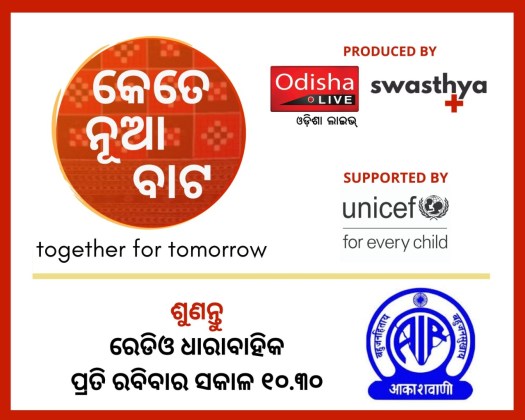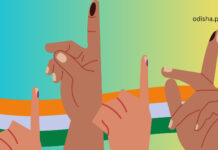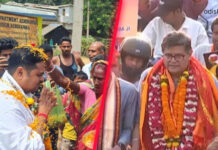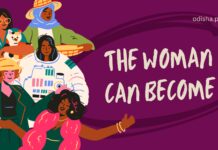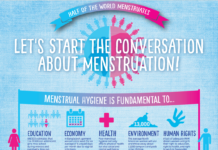OdishaPlus Bureau
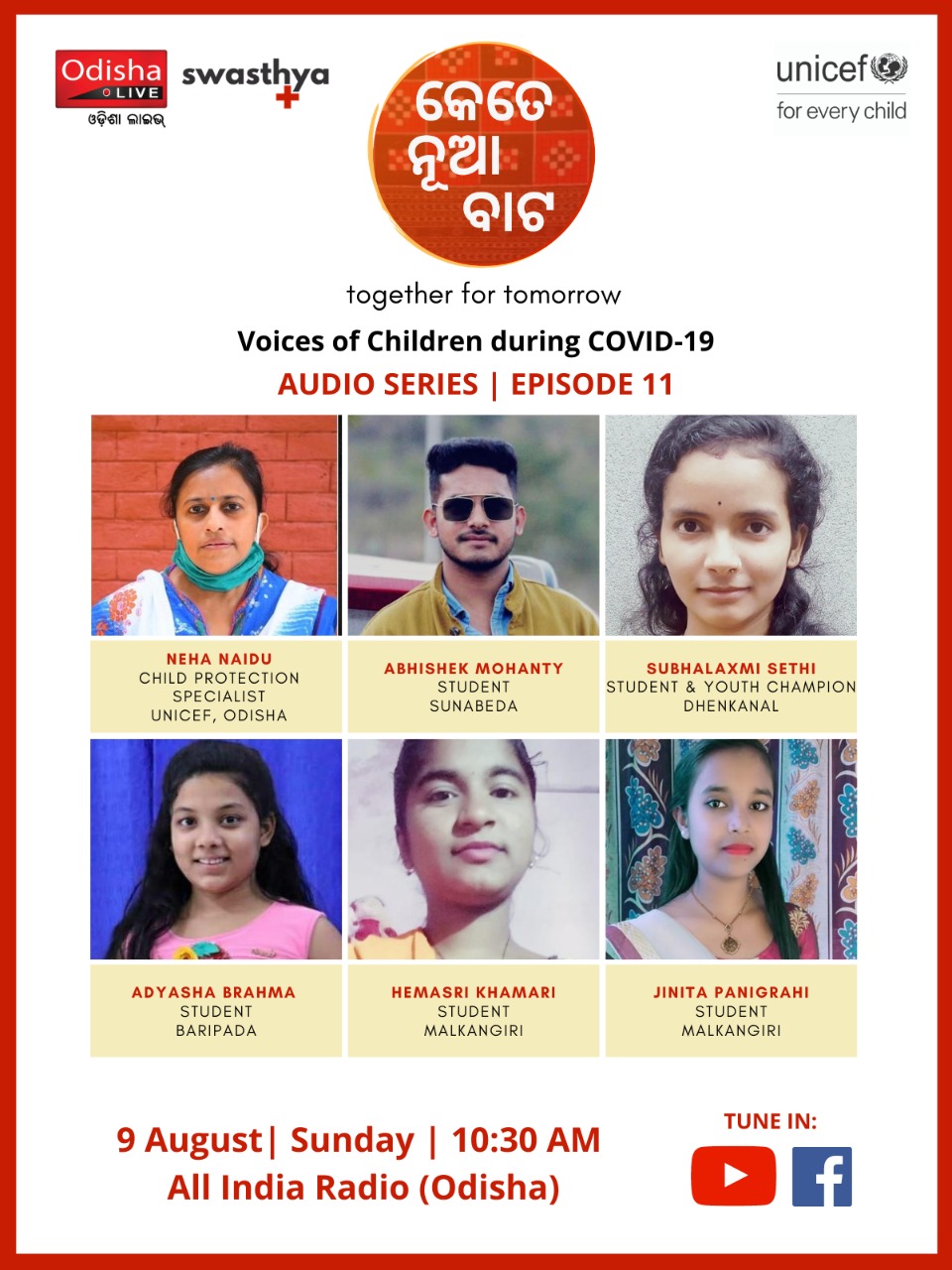
- A joint initiative of OdishaLIVE and Swasthya Plus
- Supported by UNICEF, Odisha
- Brings insights on COVID-19 management in the state
- Stories of COVID Warriors and COVID Heroes
- Advises by Doctors and Specialists
- Radio series airs every Sunday at 10.30 AM
- Emphasis on children, education, health, youth and more
The COVID-19 epidemic has affected various circles of people. COVID-19 has had a profound effect on everyone, the elderly, the young, the women, the differently abled and the children. The childrens’ experience during the COVID-19 epidemic is now featured in the latest episode of ‘Kete Nua Bata’ radio series. This time the theme is ‘Voices of children during COVID-19’.
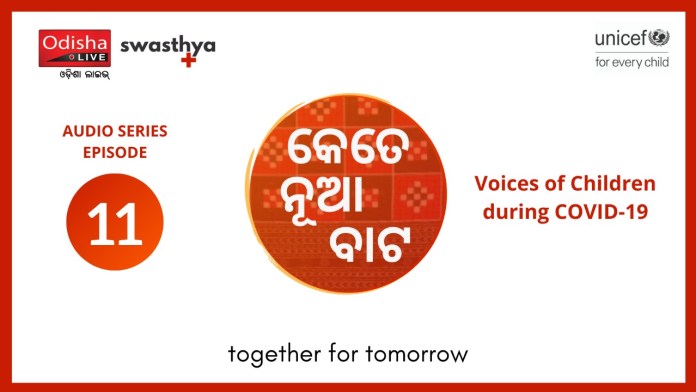 With the help of UNICEF, OdishaLive and Swasthya Plus’s joint campaign “Kete Nua Bata” airs on major All India Radio stations every Sunday at 10:30 am. It is also being broadcast simultaneously on social media channels such as Swasthya Plus and Odishalive’s YouTube and Facebook.
With the help of UNICEF, OdishaLive and Swasthya Plus’s joint campaign “Kete Nua Bata” airs on major All India Radio stations every Sunday at 10:30 am. It is also being broadcast simultaneously on social media channels such as Swasthya Plus and Odishalive’s YouTube and Facebook.Each episode of the radio series “Kete Nua Bata” features new topics and stories from the COVID-19 warriors. The eleventh chapter of ‘Kete Nua Bata’, which will be aired on All India Radio stations in Odisha at 10:30 am on Sunday, August 9, discusses the problems faced by children during COVID-19.
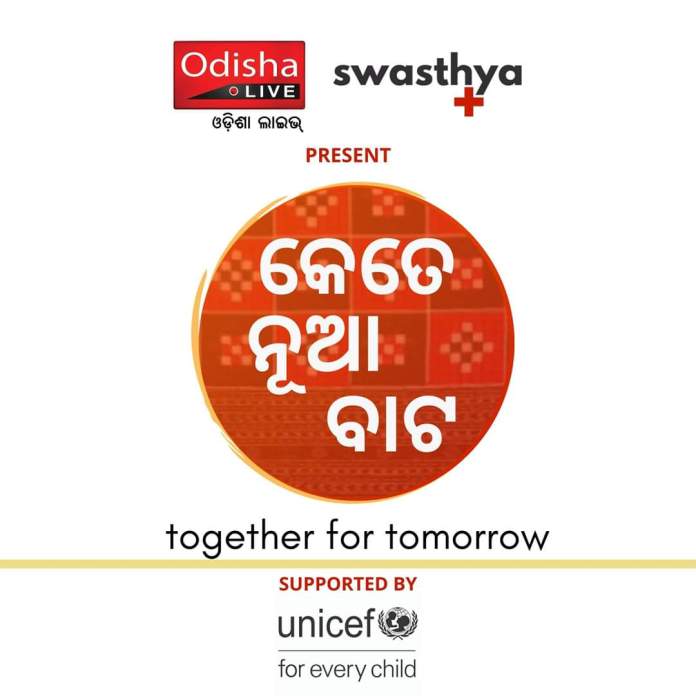 This time around, the “Kete Nua Bata” program is based on children’s experiences during COVID-19. Speaking in the episode, UNICEF Child Protection Specialist Neha Naidu shared what steps UNICEF has taken to ensure the rights of children during COVID-19. It also features the story of Adyasha Brahma of Baripada, while Abhishek Mohanty of Sunabeda, Jinita and Hemashree of Malkangiri and Suvalakshmi Sethi of Dhenkanal.
This time around, the “Kete Nua Bata” program is based on children’s experiences during COVID-19. Speaking in the episode, UNICEF Child Protection Specialist Neha Naidu shared what steps UNICEF has taken to ensure the rights of children during COVID-19. It also features the story of Adyasha Brahma of Baripada, while Abhishek Mohanty of Sunabeda, Jinita and Hemashree of Malkangiri and Suvalakshmi Sethi of Dhenkanal.Ensuring the education, health and rights of children has become a major challenge during the COVID-19epidemic. Let’s find out what UNICEF Child Protection Specialist Neha Naidu has to say in this regard. “It’s very important to have a say in the development of our country. If a child has the opportunity to express his or her opinion, they are happy. They get more self-confidence,” said Neha Naidu.
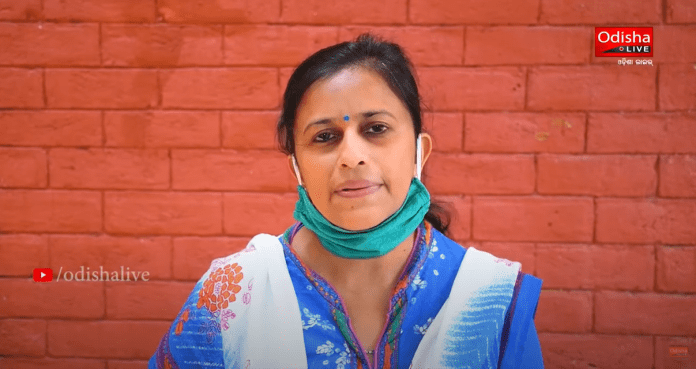
Neha Naidu “Children have the courage to face any disaster,” she said. Even in grief, children have learned to laugh. Even during the COVID-19 epidemic, children did not take a back seat. The children showcased their talents through the ‘Mo Pratibha’ program. They are happy to draw, write poetry, do yoga, pranayama and so on. Not only this, with the help of Anganwadi workers and sarpanches during the COVID-19 crisis, they have warned people about wearing masks, washing their hands, and maintaining social distance.
Schools and colleges are closed due to the COVID-19 epidemic. The children are at home. Online tutorials are now being held for COVID-19. Adyasha Brahma, an eighth-grade student in Baripada, spoke about how the children are coping with in this difficult time.
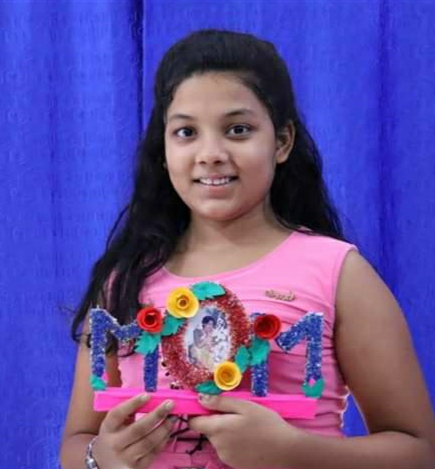
Adyasha Brahma “In pre-COVID times, most of our time was spent in schools and tuitions. As a result, the talent within us could not be developed. But now there is a lot of free time. There are 3 to 4 hours of online classes a day. The rest of the time, I spend time dancing, drawing, etc.,” said Adyasha Brahma. Adyasha also advises other children. “It would be wiser to help parents with household chores than spending time on mobile phones,” she said. We need to develop creativity within ourselves. Adyasha herself has made a YouTube channel. Through it, she shares her lessons and uploads dance and other educational videos.
Children’s education has been disrupted for COVID-19. Now the emphasis is on online classes. Sunabeda’s Abhishek Mohanty shared his experience in this regard. Abhishek is a 2nd year student of +3 Science.
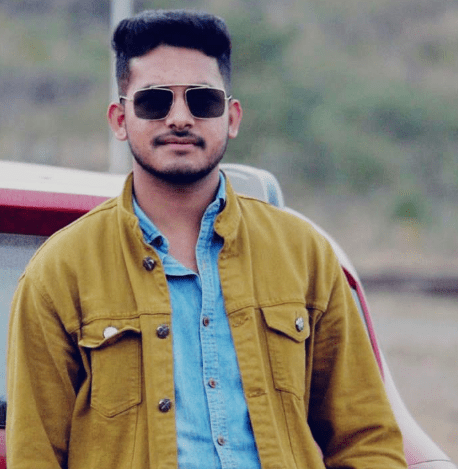 “Before COVID-19, we used to live our lives simply. “Online classes are now running instead of regular classes. It will continue to do so. We have to move forward with a positive attitude,” said Abhishek Mohanty.
“Before COVID-19, we used to live our lives simply. “Online classes are now running instead of regular classes. It will continue to do so. We have to move forward with a positive attitude,” said Abhishek Mohanty.During the COVID-19, Minkangiri’s Jinita Panigrahi and Hemashree Khamari shared their experiences. “We are all at home for the COVID-19 epidemic spending time with brothers and sisters. We wear masks when we leave the house and sanitise our hands after returning home. I study myself and when time permits I also teach my brothers and sisters,” said Jinita Panigrahi.
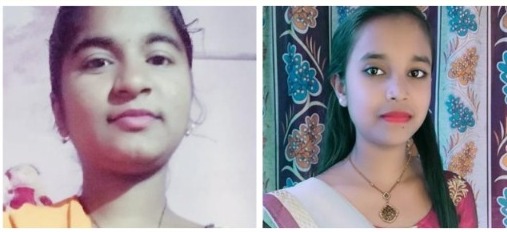
“The lockdown has also taught us to share the work load at home. Discrimination between genders has narrowed down,” said Abhishek Mohanty of Sunabeda. He describes how he helps his mother with household chores.
Child marriage has increased during the COVID-19 epidemic. Shuvalakshmi of Dhenkanal has devoted her time to prevent this. Shuvalakshmi, who is in the final year of graduation, is volunteering for the Child Marriage Abolition Campaign, a joint venture between UNICEF and Action Aid.
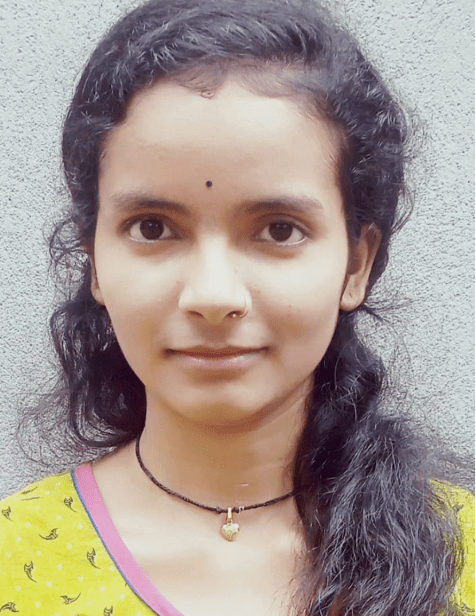 ‘Keta Nua Bata’, written and produced by Nilambar Rath, Founder & Editor-in-Chief, OdishaLIVE and mentor of the campaign, is designed with 13 episodes and it shall go on air till 23 August 2020. As a part of the campaign, the media is carrying series of stories and interviews on the subject which are being published across more than 10 web and social channels. UNICEF’s popular animation and audio series, titled ‘Meena’, is also being aired and podcast under the ‘Kete Nua Bata’ campaign.
‘Keta Nua Bata’, written and produced by Nilambar Rath, Founder & Editor-in-Chief, OdishaLIVE and mentor of the campaign, is designed with 13 episodes and it shall go on air till 23 August 2020. As a part of the campaign, the media is carrying series of stories and interviews on the subject which are being published across more than 10 web and social channels. UNICEF’s popular animation and audio series, titled ‘Meena’, is also being aired and podcast under the ‘Kete Nua Bata’ campaign.